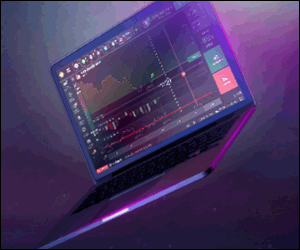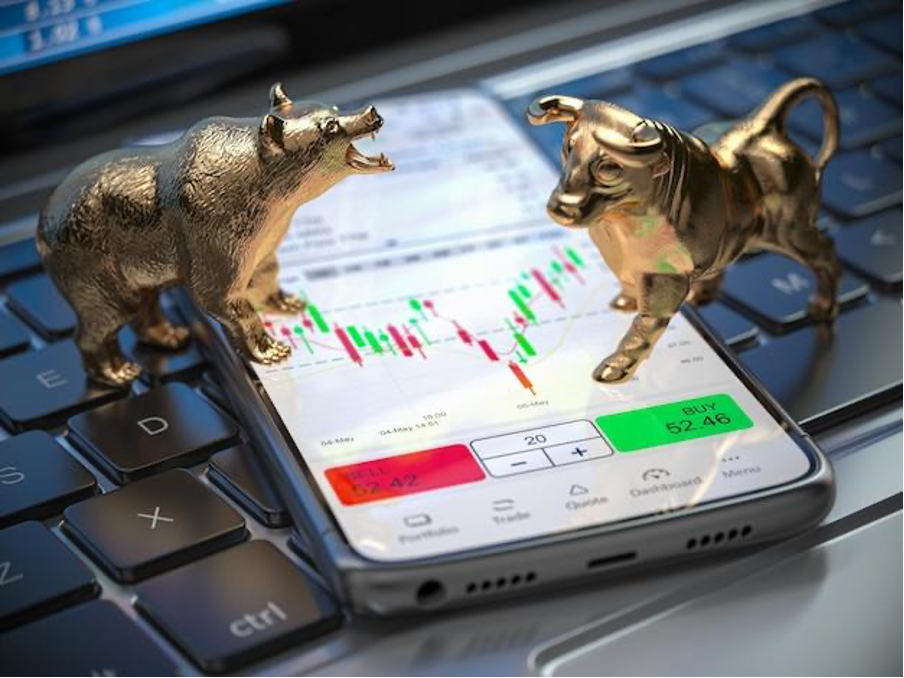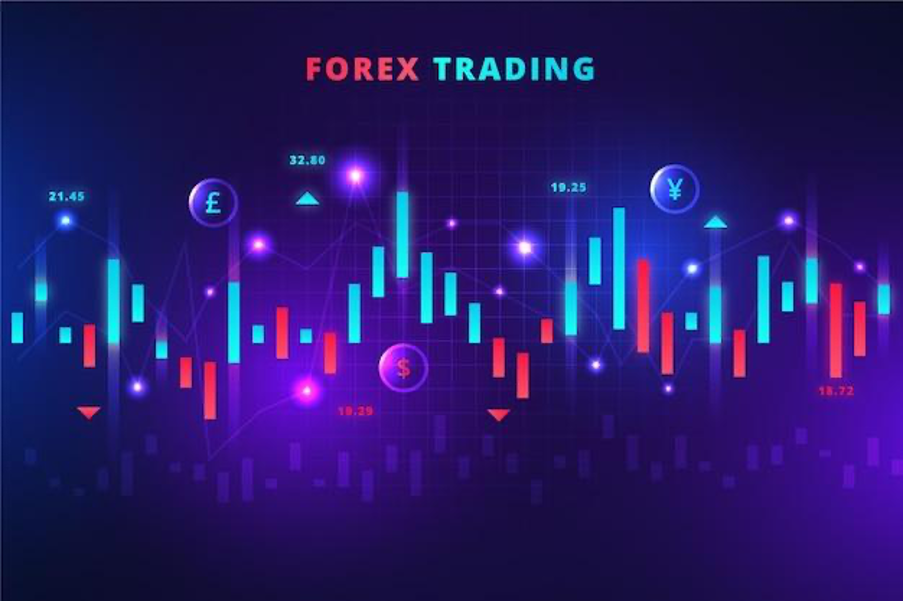Forex trading has officially become of the biggest industries all over the world. Many countries are actively involved in forex trading, which originally was established back in the 20th century. Despite the fact that the industry counts almost a century, some countries have just enrolled and just started. The majority of the newbie countries are Asian and Pacific. Those are the ones who are developing the local economy.
One of the countries which have just started is Nigeria. Despite the unsustainable economy of the country, it is still doing relatively well in terms of the forex industry. This is a very important factor as the government and people are becoming more and more involved, and thus the industry should definitely improve in quality time by time as well. Forex trading brokers in Nigeria is another topic of discussion. The regulation of the industry is very important in terms of development.
In Nigeria, there are not any official regulators of the market, yet and this is why the market itself is not very reliable. The majority of the brokers are still operating illegally and without the license, but there are some tips and tricks on how to choose the best broker in Nigeria, which will be a regulated and trustworthy one.
What are the best Forex brokers in Nigeria?
When it comes to choosing the broker to entrust your finances you have to be extra careful. Most importantly, you should avoid unregulated brokers at all costs, as even if their initial intention is not to scam you, your rights with them will still be unprotected. What regulation does is that it obliges licensed brokers to hold separate accounts for their clients so that in case the brokerage firm loses its funds, the clients will not be affected by the failure of the company. Therefore, never hold back to carry out the research on the available brokers in your region or internationally before you decide to start trading with them. We have prepared the list of the best Forex brokers in Nigeria all of which are the most licensed, reliable, and competent brokerage firms that one can find.
AvaTrade


Minimum deposit
100 USD

Licences
ASIC , FSC, FSCA, FSA, FFAJ, FSRA

Maximum leverage
400:1

Platforms
MT4, MT5
HotForex


Minimum deposit
5 USD

Licences
FCA, FSA, DFSA, FSCA

Maximum leverage
1:1000

Platforms
MT5, MT4, WebTrader
Plus500


Minimum deposit
$100

Licences
FCA, ASIC, CySEC, FSCA, FMA, MAS

Maximum leverage
1:30

Platforms
WebTrader
IQ Option


Minimum deposit
$10

Licences
CySEC, FSA

Maximum leverage
1:30

Platforms
Web
Regulations of the FX market in Nigeria
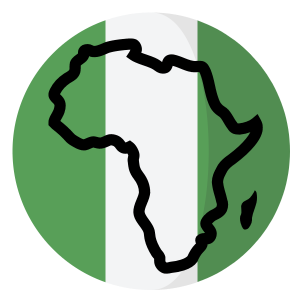 As mentioned before there is no official regulatory authority of the forex industry in Nigeria, though there is one that is not official. That would be the Security and Exchange Commission.
As mentioned before there is no official regulatory authority of the forex industry in Nigeria, though there is one that is not official. That would be the Security and Exchange Commission.
The origin of the Securities and Exchange Commission dates back to 1962, when an ad hoc consultative and advisory body, known as the Capital Issues Committee, was established under the aegis of the Central Bank of Nigeria (CBN). Its mandate was to examine applications from companies seeking to raise capital from the capital market and recommend the timing of such issues to prevent issues clustering which could overstretch the market’s capacity. The Committee operated within the Central Bank of Nigeria unofficially as a capital market consultative and advisory body with no regulatory framework. But at that point, the Committee was not dealing with the Forex brokers in Nigeria.
An increase in the level of economic activities, coupled with the promulgation of the Nigerian Enterprises Promotion Decree in 1972, necessitated the establishment of a body backed by law to regulate capital market activities hence the creation of the Capital Issues Commission to take over the activities of the Capital Issues Committee. The Capital Issues Commission was established with the promulgation of the Capital Issues Commission Decree in March 1973. Below, you can see some of the best Forex brokers in the country.
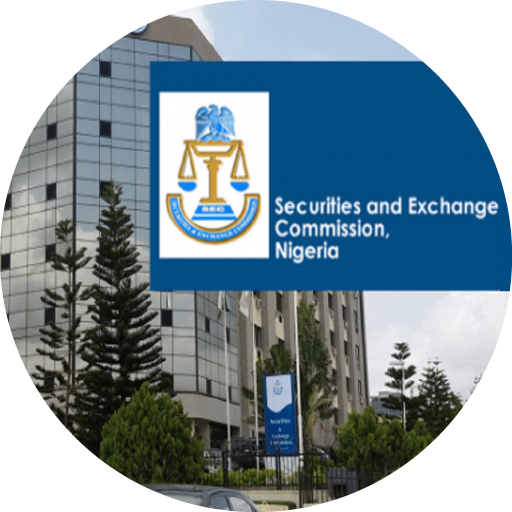 Exchange and Security Commission
Exchange and Security Commission
- Inspection either done “onsite” or “off-site”. The Commission, at regular intervals, calls for information from capital market operators. It also undertakes and conducts inquiries and audits of any participant in the market whenever necessary.
- Surveillance is carried out over exchanges and trading systems to forestall breaches of market rules as well as deter and detect manipulations and trading practices that are capable of causing market disruption.
- Investigation of alleged breaches of the laws and regulations governing the capital market and enforcement of sanctions where appropriate.
- Enforcement actions are taken against market operators who are found wanting after the investigation is carried out, in minor cases, an all-parties meeting is convened by the Commission where it mediates between parties involved in a dispute. However, if the case is serious or where no resolution is reached or a party fails to comply with a directive given at the all parties meeting, the defaulting party will be called before the Administrative Proceedings Committee (APC), which is a quasi-judicial court, with only civil jurisdiction. Appeals against decisions of the APC are usually made at the Investment and Securities Tribunal (IST). Enforcement action may be in the form of payment of fine, ban, suspension, or even forwarding the case to the Nigeria Police Force (NPF), Economic and Financial Crimes Commission (EFCC), or the Attorney – General of the Federation (AGF) where allegations are found to be criminal in nature.
- Rulemaking by the Commission as developments occur. This is to ensure that the Commission meets up with international best practices.
Investment and Securities Act 29
According to the act, there are some of the major directions, which are taken care of and change. Those are the:
- “Securities and Investment Services (SIS): Registers and supervises the issuance of securities of public companies, as well as merger and acquisition activities. Reports to the Executive Commissioner, Operations.
- Registration and Exchanges (R&E): Responsible for the registration of all market operators and recognized securities exchanges. In addition, the department supervises the activities of the securities exchanges and other trading platforms. Reports to the Executive Commissioner, Operations.
- Investment Management (IM): Supervises unit trusts and venture capital activities, and reports to the Executive Commissioner, Operations.
- Financial Standard and Corporate Governance (FS&CG): The department reviews the financial health of publicly quoted companies to protect shareholders, and ensure compliance with the code of corporate governance and other relevant guidelines. Reports to the Executive Commissioner, Operations.
- Office of the Chief Economist (OCE): Undertakes the market development functions of the Commission through research and other development activities. The Department also serves as the Secretariat of both the monthly Management Committee meeting and the Capital Market Committee (CMC), a quarterly interface with the market. Reports to the Executive Commissioner, Operations.
- Zonal Offices Coordinating (ZOC): Coordinates the activities of the Commission’s three zonal offices located in Lagos (LZO), Port- Harcourt (PHZO), and Kano (KZO). Reports to the Executive Commissioner, Operations.
- Information Technology (IT): Develops and manages the IT resources of the Commission and provides requisite technical services functions. Reports to the Executive Commissioner, Operations.
- Enforcement: Undertakes the enforcement and compliance functions of the Commission and serves as the secretariat of the quasi-judicial arm of the Commission, the Administrative Proceedings Committee. Reports to the Executive Commissioner, Legal, and Enforcement.
- Monitoring: Monitors the financial health of market operators to ensure that only fit and proper participants are in the market. It also investigates and resolves disputes among market stakeholders. Reports to the Executive Commissioner, Legal, and Enforcement.
- Legal: Provides legal advisory and rulemaking functions. Reports to the Executive Commissioner, Legal, and Enforcement.
- Procurement & Support Services (P&SS): A service department responsible for the management of the Commission’s material assets. Reports to the Executive Commissioner, Finance, and Administration.
- Finance & Accounts (F&A): Another service department. Manages the financial assets, activities, and records of the Commission. Reports to the Executive Commissioner, Finance, and Administration.
- Human Resource Management (HRM): Also a service department. Responsible for the recruitment, development, and retention of highly skilled staff. Reports to the Executive Commissioner, Finance, and Administration.
- External Relations (ER): The department is responsible for the management of the Commission’s image as well as its relationship with the various stakeholders in the market. It collaborates with the Media Unit of the DG’s office to manage the nature and flow of information about the Commission. Reports to the Director-General.
- Office of the Secretary to the Commission: Serves as the Secretariat of the Board of the Commission, its Committees, and the Management Executive Committee. It offers advisory services to the Board on issues of compliance with applicable laws and regulations. Reports to the Director-General.
- Internal Control (IC): A department responsible for ensuring that the assets of the Commission are effectively applied. It also ensures compliance with approved policies, procedures and regulations, and the completeness, accuracy, and reliability of the Commission’s financial records. Reports to the Director-General.
- Market Development: The Market Development Department (MDD) derives its functions from section 13(e) (f) (i) (j) of the ISA No. 29 of 2007. It ensures that all stakeholders – investors, the academic community, market operators, lawmakers, professional bodies, government functionaries – are appropriately educated on the activities and initiatives of the Commission.”
How to choose the best forex broker in Nigeria
 Top Forex brokers in Nigeria offer different opportunities. Those mainly depend on account types, payment methods, and licenses. The account type is very important. Considering the fact that many Nigerian FX traders are beginners, the brokers have to assist them in the beginning. This means that providing a demo or no deposit accounts is the best decision.
Top Forex brokers in Nigeria offer different opportunities. Those mainly depend on account types, payment methods, and licenses. The account type is very important. Considering the fact that many Nigerian FX traders are beginners, the brokers have to assist them in the beginning. This means that providing a demo or no deposit accounts is the best decision.
The demo account is the account, where you get the virtual fund and can trade with it without any requirements from the broker. The best thing about the account is that the traders can learn without losing money and thus get acquainted with the industry as well as with the tools and interface of the broker. The second and also very handy is the No Deposit Account, which offers relatively small bonus funds from the broker, which should be traded in a certain amount of time. If the treated manages to trade with the money asset successfully, then he wins and can withdraw it, yet if he can not, then at least there are lost, as the money never belonged to the trader anyway. However, you should keep in mind to trust bonus programs offered only by the regulated Forex brokers in Nigeria.
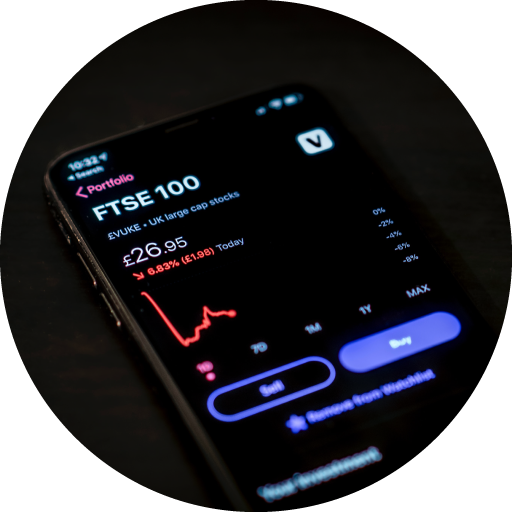 Platforms
Platforms
The platform contributes to trading a lot. Having a practical trading platform means that users can easily navigate through it and thus do not have any technical issues. This is especially important for experienced traders. If the trade is used to one platform it is very hard to switch to another in a very short period of time. There are several variations of the platforms.
The most common and frequently used are MT4 and MT5. The MT5 is the upgraded version of Mt4 and offers a lot more tools and some other benefits. Overall, both of them are similar. Most of the forex trading brokers inline in Nigeria offer one or another, or even both.
Commissions and Spreads
It is very important to understand the way how the broker is earning money. Does it happen from speeds or the commission? This should be obvious at first sight even. If there are any fees on the withdrawal or deposit, it means that there are hidden fees. We would not recommend you pairing with that type of Nigerian forex broker, because you will most probably have the extra charges every time you make the deposit or withdraw your fun.
Another way is the spreads. If the broker is earning through spreads this is very common practice. In this case, whenever the trader wins the broker wins as well, though while the trader loses the broker still wins. Which is a kind of compensation for the value ratio the broker offers the customer? Make sure to check the spreads. The higher they are the more they are affected by the changes, yet the lower the pips, the less they are affected by the market changes.
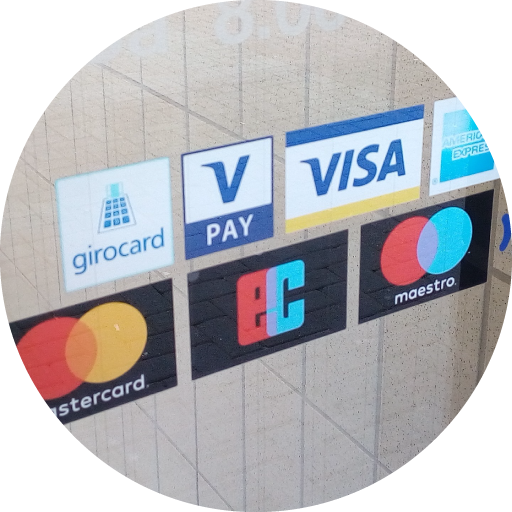 Payment Methods
Payment Methods
Payment methods are another point worthy of your attention. Most of the brokers should offer common payment methods like Visa or MasterCard. This is something every broker in every country excepts. There are several other payment methods, which can apply. Those are the Bank transfers and e-wallets. Many brokers accept e-wallets like Neteller and Skrill, though before you start trading make sure to check it in the payment method section.
Security
 It is crucially important to feel safe while trading. Trading itself is already a very complicated process, which needs a lot of attention and practice. Thus, the customers should at least feel safe about their funds while trading. It is also very important to understand that the time the trader spends on trading is not a loss of time but an investment.
It is crucially important to feel safe while trading. Trading itself is already a very complicated process, which needs a lot of attention and practice. Thus, the customers should at least feel safe about their funds while trading. It is also very important to understand that the time the trader spends on trading is not a loss of time but an investment.
In order to be sure of the security and safety of the fund, the regulators provide brokers with licenses. Though in a country like Nigeria, where there are not official regulators of the forex industry, the traders have to go through the security check of the broker. The information regarding the operation of the broker should be easily accessible and vivid. It should imply the numbers of operations in the market, as well as partnerships and registrations.
If the information is not available on the webpage, this should be indicating that the broker is lying and is a scam, simply willing to steal some money from you. Otherwise, choose a relatively well-experienced broker on the market of Forex in Nigeria, who has at least a couple of years of experience operating in the market.
What can you get from FX trading in Nigeria?
Nigeria is a brand new market for online trading forex brokers. This means that there is plenty of room for development. Some of the brokers are focused on the development and covering the market, while others are focused on stealing money. In order not to be another victim of fraud and scam, make sure to go through the guide and highlight the priority topics for yourself.
Forex trading is becoming more and more popular and thus, more and more people should soon become involved in the industry. While the popularity of Forex trading in Nigeriacauses an increase in the number of brokerage firms, the amount of legit and trustworthy ones is actually decreasing. This happens because of the regulations and legal frameworks, which are being implemented time by time as the economic situation in the country improves. Before that, take everything we have provided you into consideration and you should find your own right way to follow.
FAQ on best Nigerian Forex brokers
Is Forex trading legal in Nigeria?
In Nigeria Forex trading is a relatively new field and it is considered to be legal, however unregulated. By legal, it is meant that there is no applicable law prohibiting the traders to get involved in trading with currency pairs, however, there are certain rules that influence the Forex market in Nigeria. The Central Bank of Nigeria is a single entity in Nigeria Forex should fear, as it has the authority to control the players in the Forex market. On the other hand, establishing a firm that will have access to traders’ funds is illegal in Nigeria, meaning that without a special license you cannot open a brokerage firm in the country. Even though the rule itself is quite strict, unfortunately, some unregulated brokers still operate locally and pretend to hold the regulation or license. That is why in most cases trusting a local brokerage firm might not be a good idea in Nigeria and you should rather look for international brokers.
What are the best Forex trading platforms in Nigeria?
Identifying the best Forex brokers Nigeria has access to is not as easy as it sounds. The primary reason for that is the fact that there are no local trustworthy brokers available in the region, meaning that Forex traders have to approach international brokerage firms. When it comes to choosing the best trading platform globally, there are so many options that it might get confusing. There are few factors that one should keep in mind when researching the brokers – regulation/license, trading fees, and accessibility for international clients. Trusting unregulated brokers is the greatest mistake a trader can make. We would advise starting with XM Forex broker, which is an international, famous, and one of the most reliable online trading platforms, which happily accepts Nigerian clients.
Is online Forex trading in Nigeria profitable?
Forex trading can be profitable anywhere and at any given time. Everything depends on the person’s trading skills, ability to predict the market movements, and even on the chosen broker. Forex brokers Nigeria can offer locally are not reliable, as most of them are unregulated, therefore Nigerian traders have an option to trade online with international brokers. Fortunately, most of the top Forex brokers are open to traders from every country around the world, as long as the country’s legislation does not prohibit trading with any applicable law. You should go for the broker, which offers the lowest trading fees on the platform, the highest flexibility, and possibly the bonuses to start trading.


